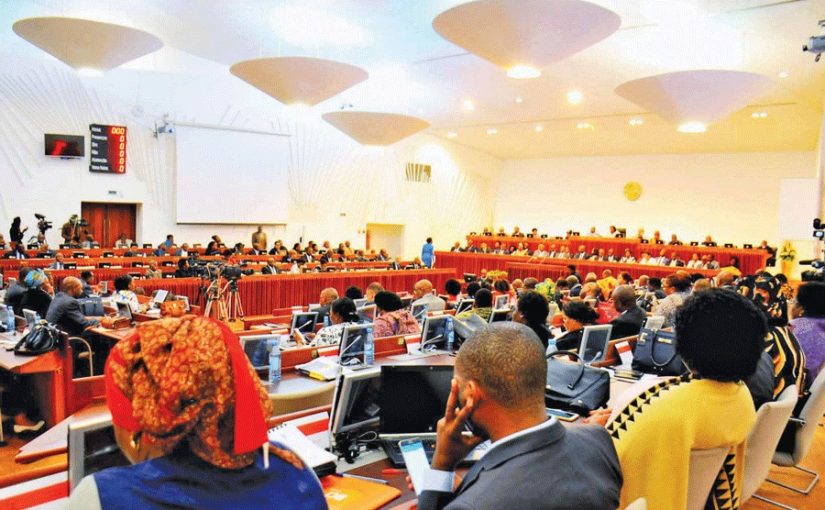Mozambique: Displacements due to NSAG attacks - Situation Report #2 – Chiúre, Cabo Delgado, As ...
Mozambique: MPs defend human rights in fight against money laundering

File photo: Domingo
The three benches of Mozambique’s parliament warned on Thursday that preventing and combating money laundering and terrorist financing should not be done at the expense of fundamental rights.
The parliamentary groups of the Liberation Front of Mozambique (Frelimo), Mozambican National Resistance (Renamo) and Democratic Movement of Mozambique (MDM) spoke during the approval, by consensus and in general, of the proposals to revise the Law on Prevention and Combating Money Laundering and Financing of Terrorism and the Law on Prevention and Combating Terrorism and Proliferation of Weapons of Mass Destruction.
“Excesses must be prevented, and the fundamental rights of citizens must be protected” in the prevention and fight against money laundering and terrorism, said Feliz Sílvia, member of parliament and spokesman for the ruling Frelimo party, supporting the relevance of the approval of the two rules.
The investigation of evidence of such offences should also not result in abuses of citizens’ right to privacy, and it is necessary to act with “balance”, he continued.
Renamo MP and spokesperson Arnaldo Chalaua said that “the government’s rush to please international partners” by passing laws on money laundering and terrorist financing should not be at the expense of repressing basic rights.
“It is not enough to pass laws. There must be the political will to implement them without jeopardising fundamental rights,” said Chalaua.
The spokesman for the main opposition party accused “Frelimo elites” of having allowed money laundering as a way to “hide the fortunes they have amassed illicitly”.
Fernando Bismarque, MP and spokesman for MDM, the third political force, called for “voices considered uncomfortable” with governance not to be “persecuted” under the guise of combating money laundering and terrorist financing, stressing the need to empower judicial institutions in the fight against illicit behaviour. In justifying the relevance of the two laws, the minister of justice, constitutional and religious affairs, Helena Kida, pointed out the importance of the approved diplomas for the country’s exit from the grey list of the Financial Action Task Force (FATF), an instrument that measures the country’s ability to combat that type of crime.
“The consequences could” result in banks reducing or cutting their relationships with clients residing in high-risk jurisdictions, seeing investors withdraw from Mozambique, reduced payment flows between the country and abroad and a decline in capital flows.
Kida stressed that the approval of the laws is part of the two-year “action plan” agreed with the FATF for the “removal of Mozambique from the grey list”.













Leave a Reply
Be the First to Comment!
You must be logged in to post a comment.
You must be logged in to post a comment.